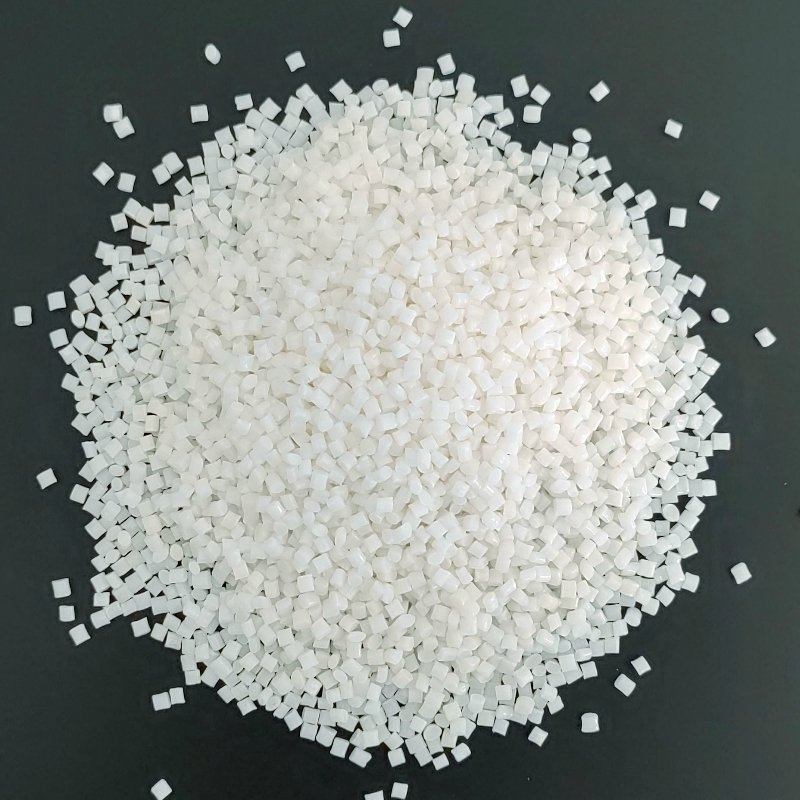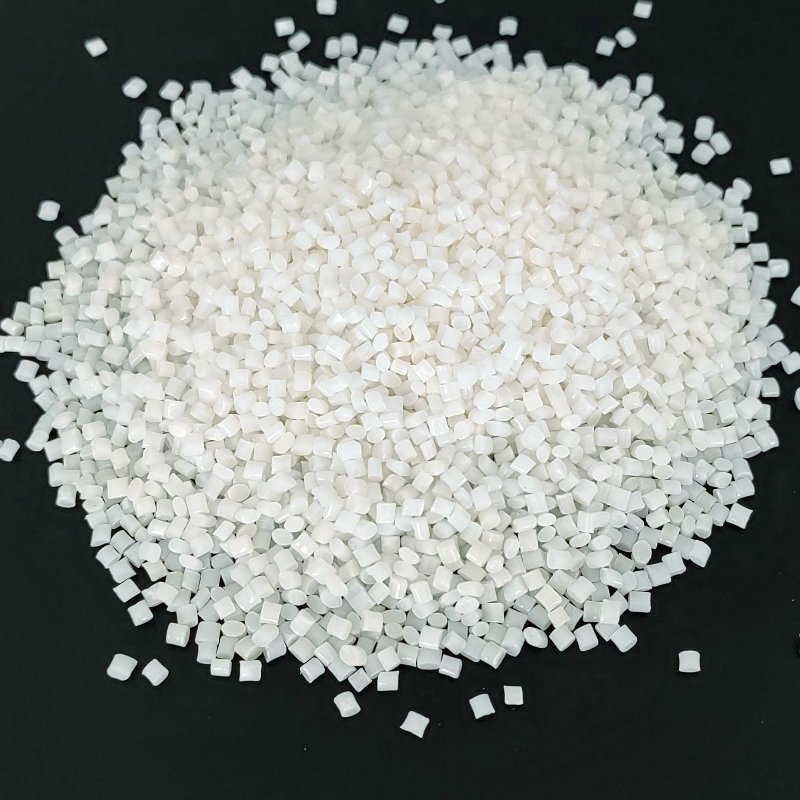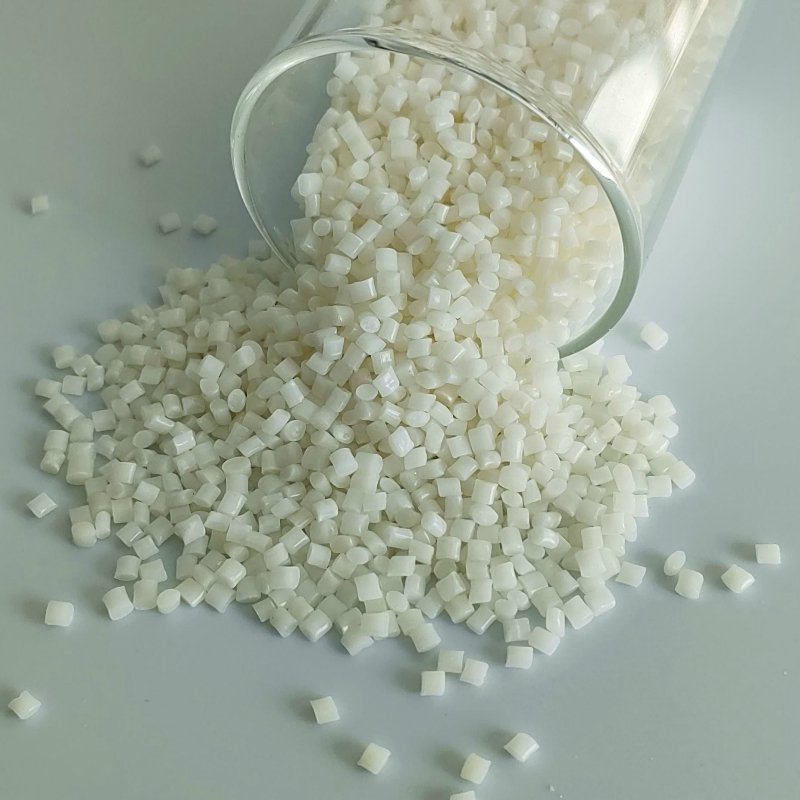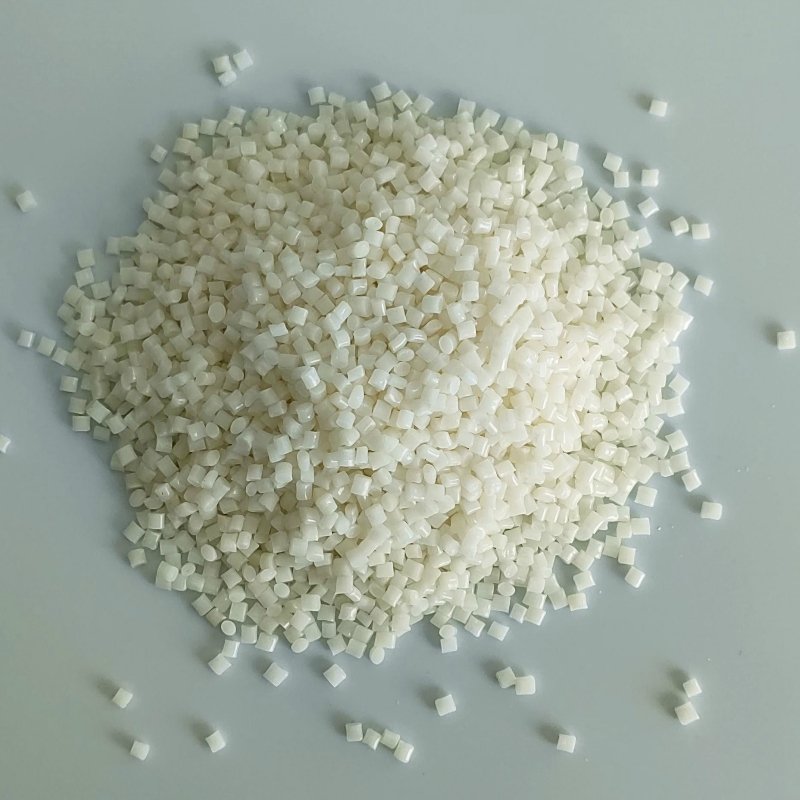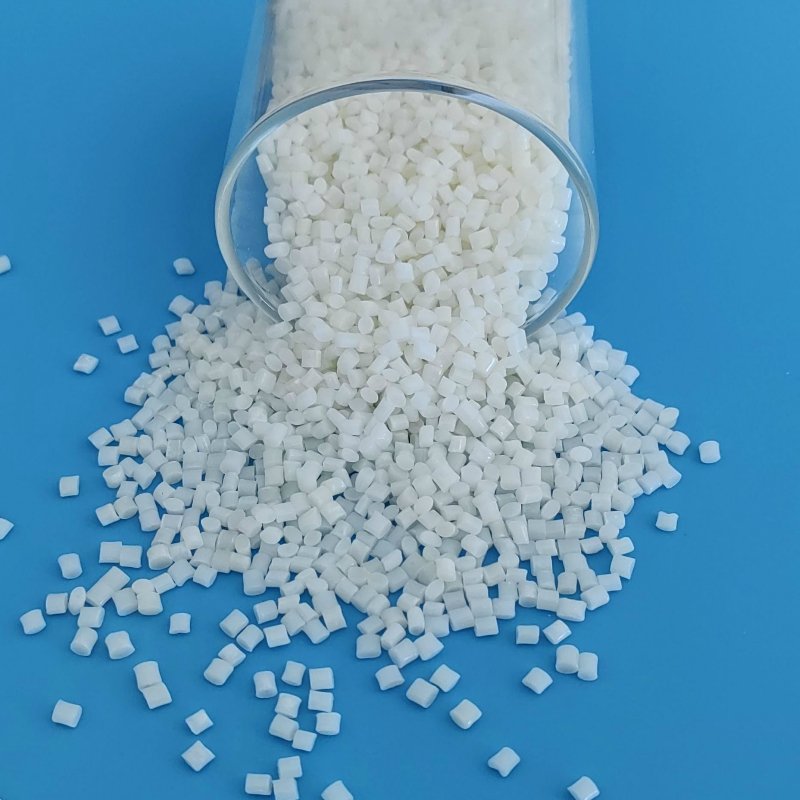PRODUCTEN
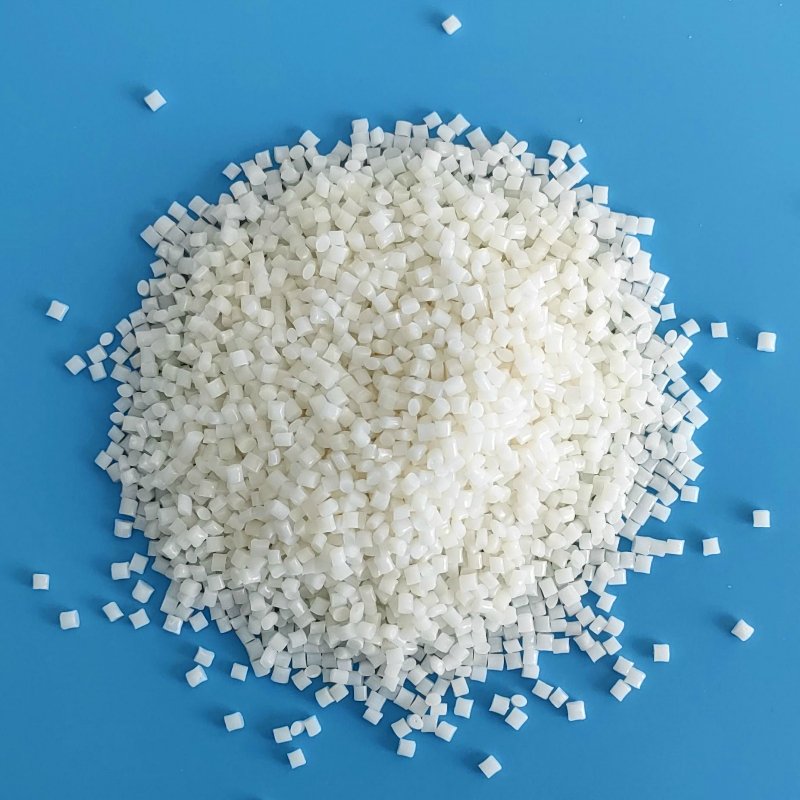

What Material Is ABS? A Complete Guide to ABS Material Properties & 2026 Market Trends
Productconstructie
Invoering: Why is ABS so important in modern manufacturing?
What is ABS?
ABS is one of the most widely used and versatile engineering plastics in manufacturing today. Known for its balance of toughness, rigidity, and cost-effectiveness, it has become a fundamental material across various industries—from automotive interiors to consumer electronics and home appliances.
Many people may have heard of ABS but don't fully understand its composition, advantages, or the latest market developments.
This article, provided by Juyuan—a trusted global supplier of plastic raw materials—offers a complete reference for buyers, engineers, and brand owners to help them choose the right ABS material.

ABS Kunststof grondstof
01 | What is ABS material?
ABS (Acrylonitrile-Butadiene-Styrene copolymer) is a thermoplastic engineering polymer that combines strength, toughness, and excellent processability.
It is formed by copolymerizing three monomers:
・Acrylonitrile (A): Improves chemical stability and heat resistance.
・Butadiene (B): Provides toughness and impact resistance.
・Styrene (S): Increases gloss, rigidity, and ease of processing.
👉 These three components together give ABS a unique balance of performance—stronger than most general-purpose plastics, yet easier to process than high-end engineering plastics.
02 | The performance advantages of ABS materials
ABS is known for its strong combination of mechanical strength, appearance, and processability, while also being cost-effective.
Its key advantages include:
・High impact resistance: Maintains excellent toughness even at low temperatures.
・Excellent moldability: Suitable for injection molding, extrusion, electroplating, and spraying.
・Stable electrical properties: Suitable for appliance housings and components.
・Smooth and glossy surface: Can be directly colored, printed, or electroplated.
・High cost-effectiveness: Offers the best balance between functionality and price.
💡 This is why ABS remains the preferred choice for many OEMs and appliance manufacturers worldwide.
03 | The mainstream application areas of ABS
ABS material is often referred to as a **“basic engineering plastic”**, covering a wide range of industries.
The following are its most common application areas:
| Industry | Typische toepassingen |
| Home Appliances | Refrigerator liners, washing machine shells, vacuum cleaner parts |
| Automotive | Instrument panels, door trims, control panels and decorative parts |
| Consumer Electronics | TV frames, printer housings, keyboard enclosures |
| Daily Necessities | Luggage, LEGO bricks, office supplies |
✅ Purchasing Tips: When selecting ABS materials, choose flame-retardant types for electronic and automotive applications, and high-flow types for larger, thin-walled components.
04 | Market Trends in 2026: The Rise of Environmentally Friendly and Modified ABS Materials
The global ABS material market is rapidly developing to meet sustainability goals and new performance requirements.
Key trends in 2026 include:
♻️ Recycled ABS materials: Increasingly used by leading brands for environmentally friendly electronic product housings.
🔥 Flame-retardant ABS: Its market share continues to rise in electric vehicles and 5G communication equipment.
⚙️ Alloy-modified ABS (ABS+PC, ABS+PA): Has become the mainstream material for high-strength or heat-resistant components.
🌱 Bio-based ABS materials: A cutting-edge research direction, gradually being commercialized.
📈 Overall, driven by global regulations and market innovation, the demand for sustainable and high-performance ABS materials continues to grow.
05 | Typical ABS Failure Cases: Losses Due to Improper Selection
A well-known toy manufacturer once chose ordinary ABS material in the Nordic market.
Because ordinary ABS is prone to cracking at low temperatures, many toys broke during outdoor use—leading to high return rates and economic losses.
👉 This case illustrates that choosing the right ABS material grade is not only related to physical properties, but also to brand reputation and long-term cost control.
06 | How Juyuan Helps You Choose the Right ABS Material
As a professional international plastic raw material supplier, Juyuan offers a variety of ABS materials, including:
・General-purpose ABS resin
・Flame-retardant ABS materials
・Recycled and environmentally friendly ABS grades
・Alloy-modified and high-performance ABS composites
We not only provide compliant sources, but also analyze your product positioning and recommend the most suitable ABS material solution.
📩 Please submit your inquiry directly via the link on the right side of the page. Juyuan will provide customized suggestions and material samples to support product development.
06 | FAQ: Frequently Asked Questions about ABS Materials
Q1: Can ABS material be used in food contact applications?
Some food-grade ABS materials are certified and can be used in products such as water dispenser or medical device housings. Please confirm the certification scope before use.
Q2: Is ABS material recyclable?
Yes, ABS has good recyclability, but repeated processing may lead to a decrease in mechanical properties and color stability. The proportion of recycled materials needs to be carefully controlled.
Q3: Can ABS material replace PC plastic?
In non-transparent or low-impact applications, ABS material can replace PC. However, heat resistance and dimensional stability need to be evaluated.
Summary: The Enduring Value of ABS Material
ABS material remains one of the most important and adaptable plastics in the global manufacturing system.
With continuous innovation in recycled, flame-retardant, and bio-based formulations, ABS material is becoming stronger, more environmentally friendly, and more cost-effective.
Partnering with Juyuan ensures that businesses not only have access to a reliable source of ABS materials, but also receive expert technical support—helping to improve product quality, reduce risks, and maintain a leading position in the global plastics market.
【Gerelateerde aanbevelingen】
ABS D-90-pellets:Hoogglans, stijf spuitgieten van ABS voor elektronica Meer informatie>
ABS PA-747H:Duurzaam, chemisch bestendig ABS-kunststof voor huishoudelijke apparaten Meer informatie>
ABS PA-758:Chemisch bestendig, transparant ABS voor huishoudelijke apparaten Meer informatie>


